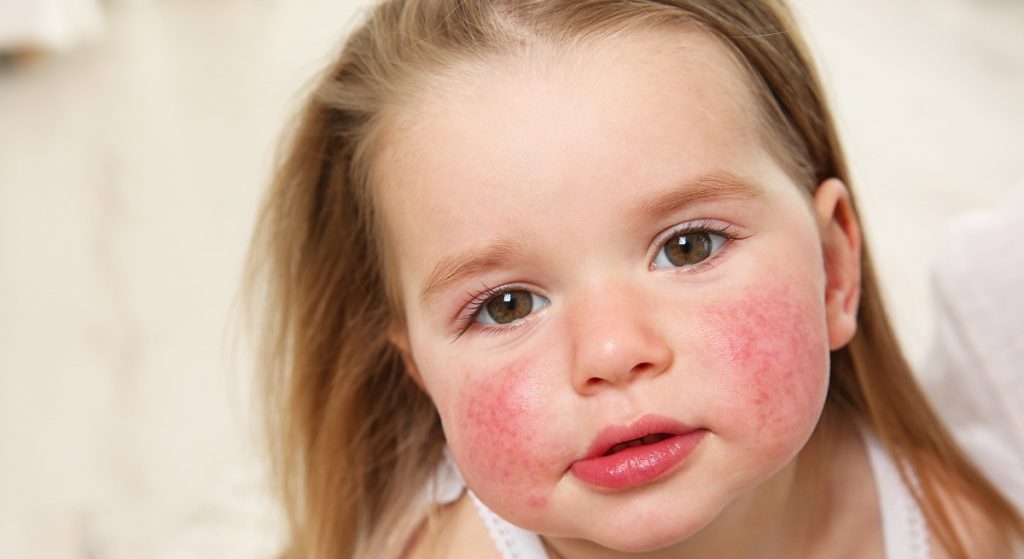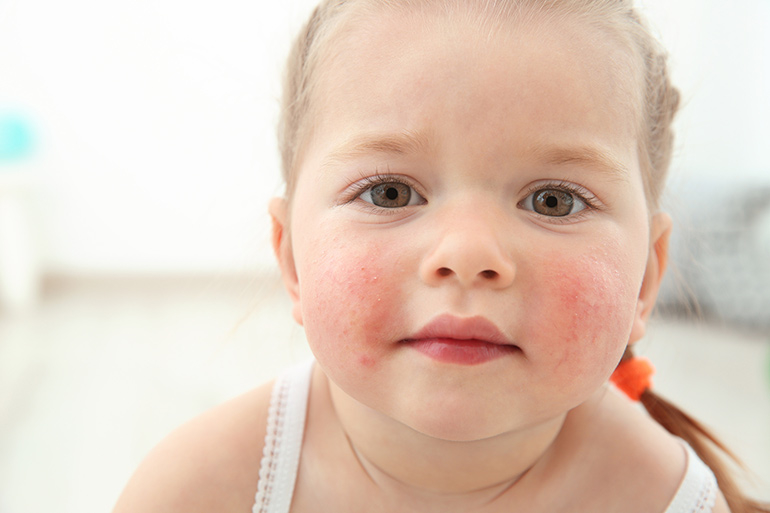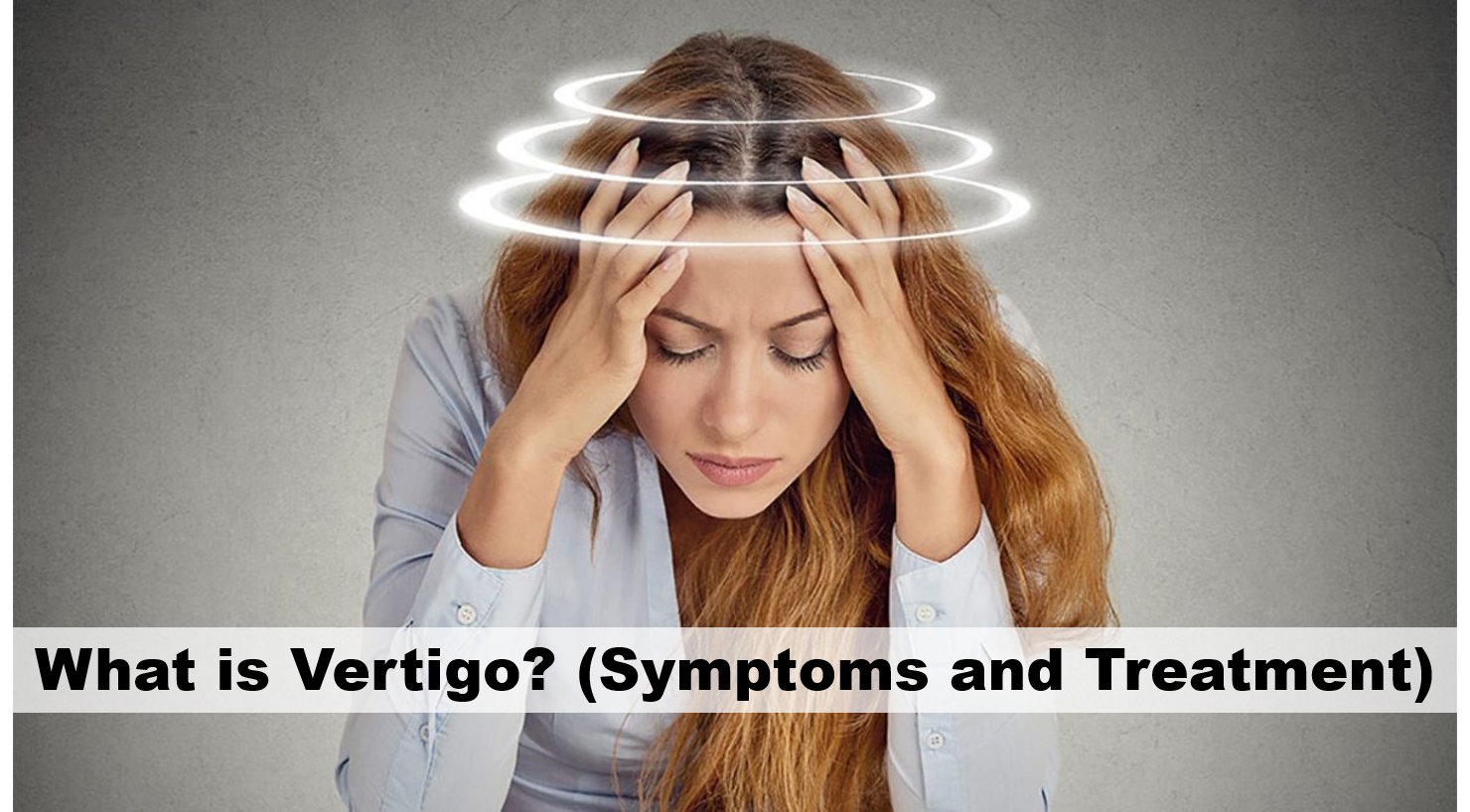Food Allergy In Children

How do I know if my child has a food allergy? What are the symptoms of food allergies in children? Food allergy is caused by an abnormal response to food by our immune system. The symptoms may be mild, as well as life-threatening severe reactions. Again, depending on the immune response, symptoms can be seen in many organs (skin, digestive system, etc.). Food allergy is one of the problems of childhood. In infants who are breastfed, they can usually develop as urticaria, erythema, or eczema of the skin. Here, we will explain the food allergy symptoms in children In the text below.
Food Allergy In Children
Food allergy is the reaction of the immune system due to the ingestion of certain foods. The person may show different symptoms depending on the type of allergy he/she has. For example, in some patients, swelling occurs in some parts of the body, while in others, redness can occur. Generally, the most common symptom of food allergy in children is skin inflammation. Parents must pay attention to their children’s reactions to different foods so that they can take them to the doctor to diagnose them in the event of an allergy at the right time. Experts recommend that you should not give your children medication without consulting a pediatrician because something you do to relieve your child may make the problem worse by hiding one or more symptoms.

Food Allergy Symptoms In Children
It is not easy to diagnose food allergies. You should, therefore, take your child to the pediatrician. In some cases, your doctor may recommend that you go to an allergy specialist for a better analysis of the situation. Here are some of the symptoms of food allergy in children:
- Digestive problems: Vomiting, diarrhea, malabsorption, esophagus irritation, bleeding in the intestine, gastritis, colic (large bowel pain), gastroesophageal reflux, or constipation
- Respiratory problems: Rhinitis (internal nasal inflammation), cough, or asthma
- Skin problems: Skin rash, urticaria, or angioedema
- General symptoms: Anemia, fever, irritability, fatigue, sleep disorders, lactic acidosis, or death
Food allergy and food sensitivity can be confused. On the other hand, they are completely different. Food allergy is a reaction of the immune system and has multiple symptoms, while food sensitivity is a digestive reaction to certain food components. Thus, for example, peanut allergy is not the same as sensitivity to lactose.

Ways To Prevent Food Allergy In Children
It is very difficult to prevent food allergy or to know which foods will cause allergy because each person is different. Here is some useful advice you can use to prevent children from having food allergies:
- In the case of babies, mothers should wait for the right time before adding new foods to their children’s diet. Besides, it is better to gradually add these new foods to make it easier to determine if there is an allergic reaction.
- Parents are required to notify their children about food allergies. Significantly, teachers, careers, and even friends know which foods your children are allergic to.
- You need to explain what symptoms your child shows in the event of food allergy. Your child’s relatives and family must know how an allergic reaction occurs.
- You can write down what should be done in case of an allergic reaction to your child’s teacher.
- You can also use a medical alarm wrist or necklace to alert and explain if your child has an allergic reaction.
It is significant to consult your pediatrician or an allergy specialist if your child shows allergy-like symptoms after eating a food. If an allergic reaction occurs, you should go to a doctor immediately and the specialist will diagnose your child more accurately.
Dyscalculia In Children (Math Learning Disability)
Causes Of Dizziness In Children





